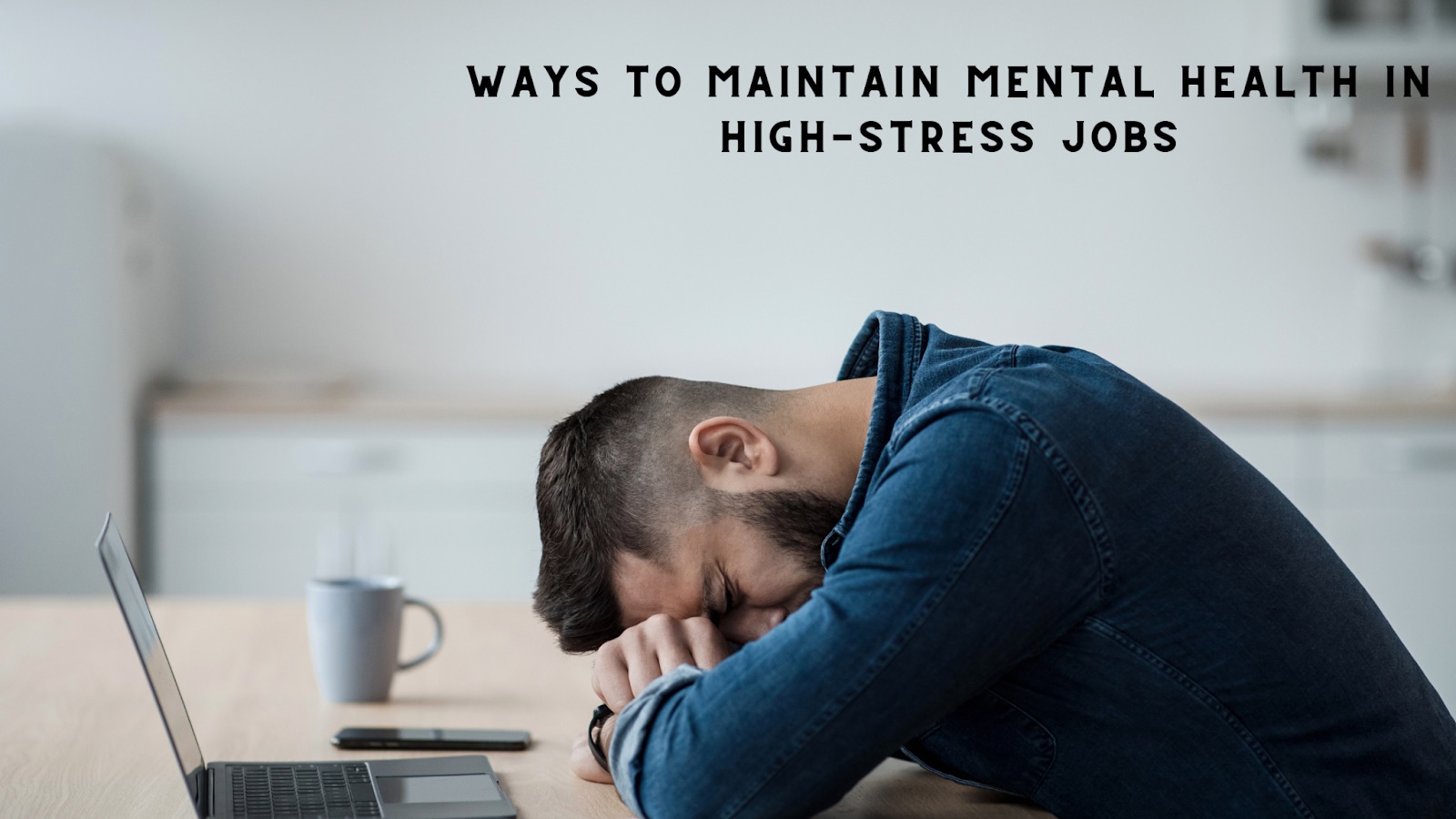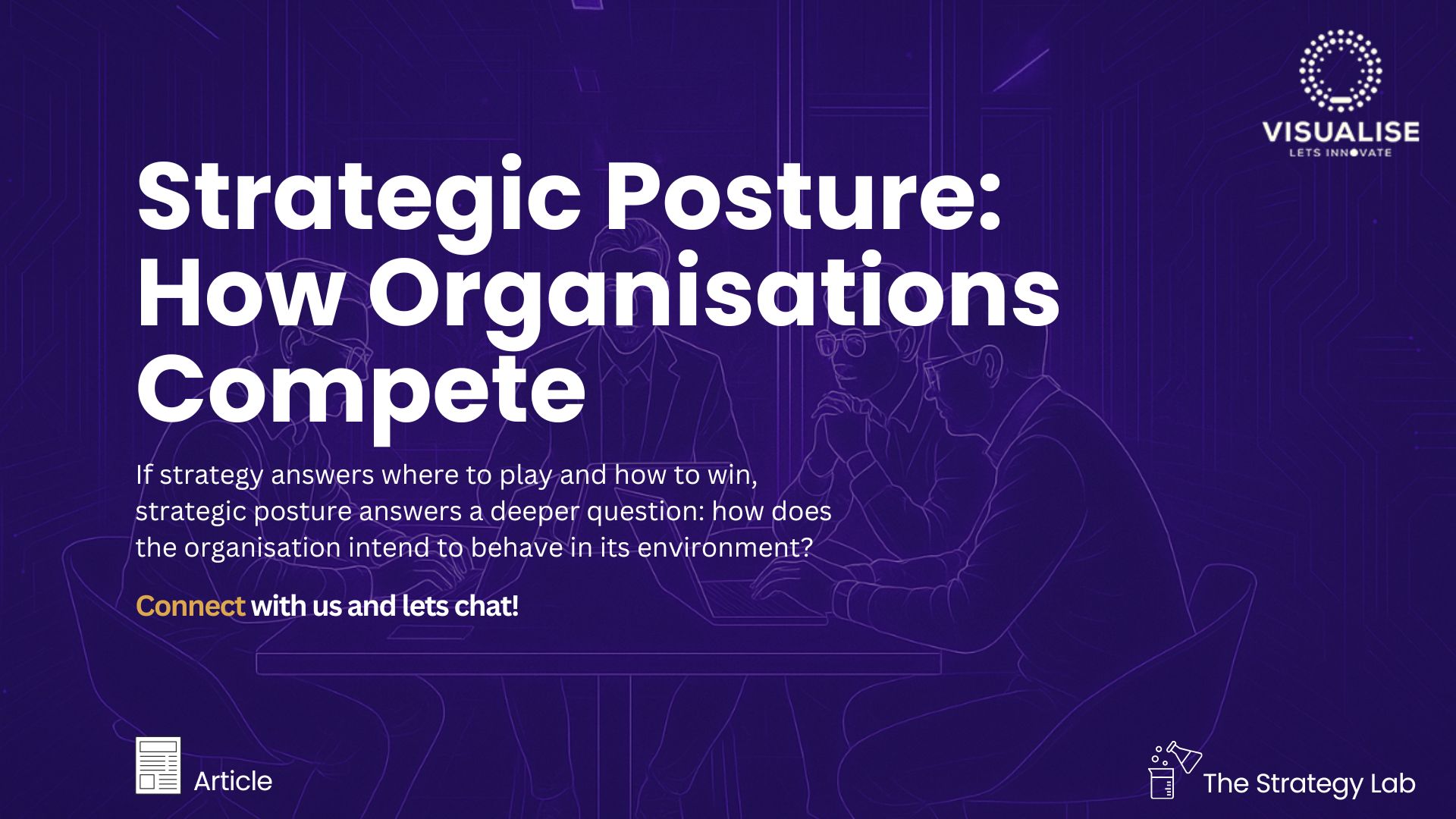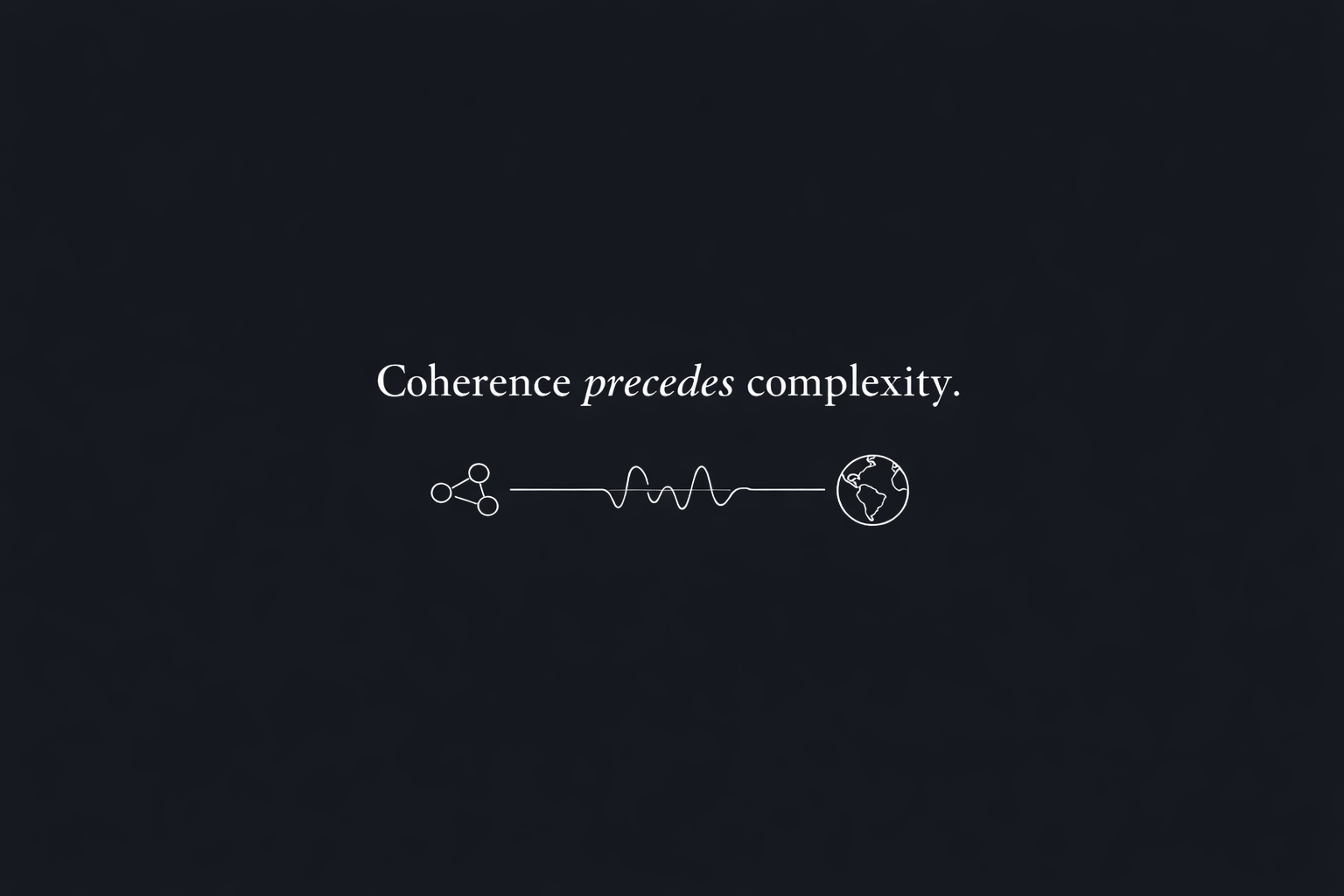Jul16

Sponsored by Better Addiction Care
In today's fast-paced world, high-stress jobs have become increasingly common. According to studies, 51% of adults report feelings of depression, and 61% experience anxiety due to stress. It's clear that maintaining mental health in demanding work environments is crucial.
This blog explores effective strategies to protect your mental well-being while thriving in a high-pressure career.
Each strategy builds on the others, creating a framework for managing stress and promoting mental wellness. Implementing these techniques can create a buffer against the pressures of a demanding work environment and cultivate resilience over time.
One of the most overlooked yet vital strategies is to take regular breaks throughout the workday. Despite the pressure to work non-stop, stepping away from your desk can significantly improve mental clarity and productivity.
Why it matters:
Reduces mental fatigue
Improves focus and concentration
Lowers stress levels
How to implement:
Use the Pomodoro Technique (25 minutes of work followed by a 5-minute break)
Take a proper lunch break away from your workstation
Stand up and stretch every hour
Mental health days offer a structured way to manage stress. Workers who take time off due to stress are typically away for about 20 days. Using these days proactively can prevent longer absences and improve overall well-being.
Advantages of mental health days:
Prevent burnout
Improve productivity upon return
Enhance job satisfaction
How to use mental health days effectively:
Plan them when possible
Disconnect completely from work
Engage in activities that rejuvenate you
Pennsylvania, for example, is rich in history and culture, offering various resources and support systems for its residents. For individuals in high-stress jobs, maintaining mental health is crucial, and Pennsylvania provides numerous opportunities to support this goal. Another key strategy is setting boundaries between work and personal life to ensure adequate time for rest and recuperation.
Nearly 7% of people in Pennsylvania abuse alcohol, and almost 3% abuse drugs, highlighting the need for accessible mental health and substance abuse services. Pennsylvania rehab centers offer mental health services, including counseling and therapy, which can be crucial for managing the pressures of a high-stress job. These centers are equipped with professionals who provide tailored support to help individuals navigate their mental health challenges effectively.
Regular exercise can reduce symptoms of depression and anxiety by up to 30%. Physical activity boosts endorphin production and provides a necessary break from work-related pressures.
Benefits of exercise:
Enhances mood
Reduces stress and anxiety
Improves sleep quality
Ways to stay active:
Take a brisk walk during lunch
Join a gym near your workplace
Participate in office fitness challenges
Try desk exercises or stretches
With 47% of workers struggling with blurred boundaries between work-life boundaries, it's essential to establish firm rules for unplugging after hours.
Why disconnecting matters:
Reduces chronic stress
Improves work-life balance
Enhances personal relationships
Tips for disconnecting:
Set specific work hours and stick to them
Turn off work-related notifications after hours
Create a post-work ritual to signal the end of the workday
Proper delegation helps prevent burnout and ensures a balanced workload. It's a skill that many professionals struggle with, often leading to unnecessary stress.
Benefits of delegation:
Reduces individual workload
Develops team skills
Improves overall productivity
How to delegate effectively:
Identify tasks that can be delegated
Choose the right person for each task
Provide clear instructions and support
While individual strategies are crucial, organizational support plays a vital role in maintaining employee mental health. Companies that prioritize mental well-being not only benefit their employees but also see improvements in productivity, retention, and overall workplace culture.
Organizations should develop and implement mental health policies that go beyond basic compliance:
Ensure all employees understand available mental health resources and how to access them.
Launch campaigns to reduce the stigma around mental health discussions in the workplace.
Update mental health policies annually to reflect current best practices and employee needs.
Flexibility can significantly reduce stress and improve work-life balance:
Allow employees to work from home when possible, reducing commuting stress and increasing personal time.
Implement core hours with flexible start and end times to accommodate different lifestyles and personal responsibilities.
Offer the option of working longer days for a shorter workweek to provide extended periods of rest.
Equip managers and employees with the knowledge to support mental health:
Train designated employees in mental health first aid to provide initial support to colleagues in distress.
Offer regular workshops on stress management techniques, mindfulness, and resilience building.
Educate managers on recognizing signs of mental health issues and how to support their team members effectively.
Enhance and promote EAPs to provide support:
24/7 counseling services access to professional counselors via phone, chat, or video.
Include resources for financial advice, legal consultation, and family care support.
Communicate the confidentiality of EAP services to encourage utilization.
Implement programs that promote overall well-being:
Provide fitness reimbursements for gym memberships or fitness classes.
Meditation spaces create quiet areas in the office for meditation or relaxation.
Healthy eating options provide nutritious snacks and meals in office cafeterias.
Organize team-based wellness challenges to encourage healthy habits and foster community.
Help employees manage their workloads effectively:
Conduct periodic assessments to ensure fair distribution of tasks.
Project management tools provide tools and training to help employees prioritize and manage their work efficiently.
No meeting days or time blocks as meeting-free to allow for focused work and reduce stress.
Foster an environment where mental health discussions are normalized:
Implement platforms for employees to provide anonymous feedback on workplace stressors.
Encourage managers to hold regular one-on-one meetings with team members to discuss workload and well-being.
Create safe spaces where employees can share experiences and support each other.
Design a workplace that promotes mental well-being:
Maximize exposure to natural light, which can improve mood and productivity.
Incorporate plants and, if possible, outdoor areas for employees to relax and recharge.
Ergonomic workstations provide adjustable desks and chairs to reduce physical strain that can contribute to stress.
Implement systems to acknowledge employee efforts:
Peer recognition programs create platforms for colleagues to recognize each other's contributions.
Acknowledge and celebrate employee milestones.
Performance-based rewards offer meaningful rewards for exceptional performance, beyond just monetary bonuses.
By implementing these workplace support measures, organizations can create an environment that not only acknowledges the importance of mental health but actively works to promote it. This proactive approach can lead to a more engaged, productive, and satisfied workforce, ultimately benefiting both employees and the organization as a whole.
Remember, creating a mentally healthy workplace is an ongoing process that requires commitment, regular evaluation, and adaptation to meet the evolving needs of employees in high-stress jobs.
Maintaining mental health in high-stress jobs requires a proactive approach combining personal strategies and organizational support. By taking regular breaks, incorporating physical activity, leveraging mental health days, disconnecting after work, and practicing effective delegation, you can significantly improve your mental well-being.
Remember, taking care of your mental health is essential for long-term success and satisfaction in your career. Start by implementing one or two strategies from this article and gradually build an approach to managing stress in your high-pressure job.
Try to find ways to relax during breaks, like deep breathing or short walks. Make time for exercise and hobbies outside of work to reduce stress. Set clear boundaries between work and personal time. Practice good self-care like eating well and getting enough sleep. Consider seeing a therapist if stress feels overwhelming. Remember that your health is more important than any job.
Take a step back and breathe deeply when situations get tense. Try to stay calm and think clearly about the problem. Break big tasks into smaller, more manageable steps. Ask for help from coworkers or your boss if needed. Focus on what you can control and let go of what you can't. Take short breaks to reset if you're feeling overwhelmed. Use positive self-talk to stay confident. Learn to say no to extra work if your plate is already full.
Make time for activities that you enjoy outside of work. Stay connected with friends and family for support. Exercise regularly to reduce stress and boost mood. Practice mindfulness or meditation to stay grounded. Take your vacation days to recharge. Create a comfortable workspace that helps you feel calm. Limit overtime when possible to avoid burnout.
By Thomas Lore
Keywords: Mental Health, Careers
 Energy System Resilience: Lessons Europe Must Learn from Ukraine
Energy System Resilience: Lessons Europe Must Learn from Ukraine HR Is Designed to Maintain. Succession Planning Demands It Transform.
HR Is Designed to Maintain. Succession Planning Demands It Transform. AI and Embedded Connectivity: A New Era of Smart Devices
AI and Embedded Connectivity: A New Era of Smart Devices Strategic Posture: How Organisations Compete
Strategic Posture: How Organisations Compete Coherence Before Complexity
Coherence Before Complexity